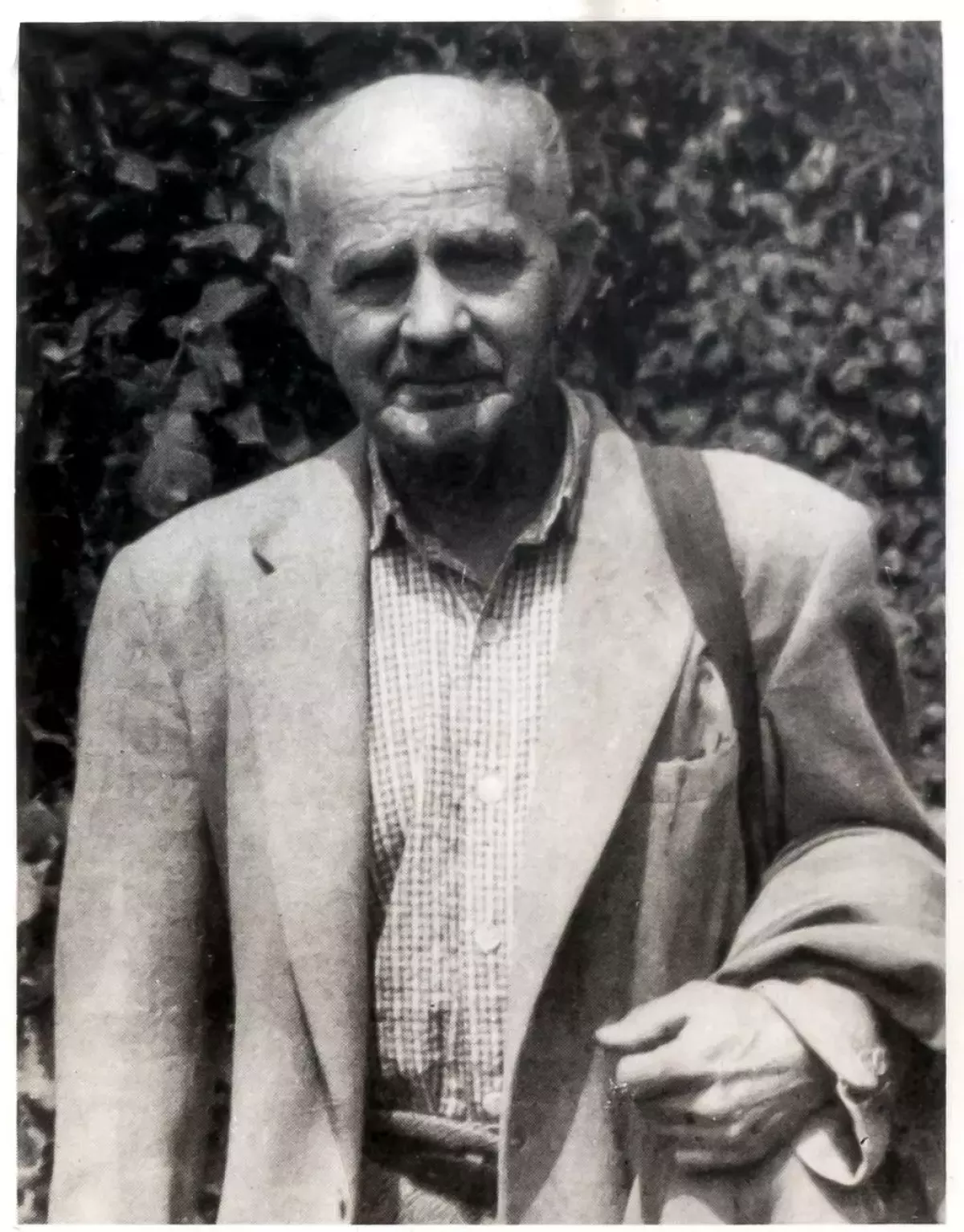Are there still moral “red lines” in today’s world? Reflections on ethics, politics, and society
The expression "red line" has become especially common in recent years. For most people, its general meaning is intuitively clear: it refers to a boundary beyond which any action becomes unacceptable. Today, this term is used primarily in a political context.
Crossing the "red line" is understood as a step that entails serious geopolitical consequences. Meanwhile, the moral and ethical aspect associated with this expression has almost been pushed out of public discourse. In other words, the modern world is focused on the permissibility of certain decisions from the standpoint of political and economic benefit, while morality, ethics, and culture have been relegated to the sidelines of the current historical process.
This is precisely why the geopolitical arbitrariness unfolding before our eyes — in real time — does not provoke either shame or remorse in its initiators.

The example of Azerbaijan illustrates this particularly clearly. In May 2025, President Ilham Aliyev, speaking about the crimes committed by the Armenian side — including the planting of nearly one million mines, genocide, urbicide, culturicide, and ecocide — noted a troubling trend: in some Western circles, these issues are either ignored or distorted under the pretext of religious affiliation.
According to him, they view the situation exclusively through the lens of religious bias and Islamophobia, while ignoring the fact of the occupation of Azerbaijani lands. Moreover, attempts are being made to portray the conflict as a religious confrontation, thereby distorting its true nature.
Ilham Aliyev drew particular attention to those countries which in the past engaged in the slave trade, practiced colonial policies, committed acts of genocide, and now present themselves as models of democracy. In these countries, he emphasised, Islamophobia has effectively become an element of state ideology.
Back at the beginning of 2020, commenting on developments in the Council of Europe, the head of state described the observed process as a “degradation,” caused by hypocrisy, double standards, and injustice — all of which had become the norm within that institution’s activities.
Thus, there is nothing surprising about what is happening today. International law as a system effectively does not function, since those who formulated its principles are the first to violate them, acting solely out of self-interest.
But the main problem is not in the law itself, but in the moral and ethical climate.
Public opinion, if one can put it that way, shows no reaction to the blatant acts of inhumanity occurring around the world. This is not about politicians, but about a global silence — where those who claim commitment to democratic values look on with indifference at humanitarian catastrophes, mass starvation, ethnic cleansings, and other crimes against humanity.
In response to all this, we increasingly hear the phrase: “Society is to blame.” The idea is that it is the social environment that produces soulless, immoral people. But how accurately does this explanation reflect the true nature of what is happening?
Such reasoning has been around for a long time, yet in this context it is worth recalling the words of the 20th-century Hungarian philosopher Béla Hamvas. He often spoke of the “defilement of being.” Murder, lies, betrayal, deception—even a malicious glance—are, in his view, forms of defilement, regardless of the goals or motivations behind them. All of these contaminate the space in which everyone lives.

However, Hamvas emphasised that the responsibility for such actions cannot lie with society as a whole. “Society itself does nothing. Everything is done by particular hands,” he wrote. Only after the act is committed do the guilty begin to hide behind the abstraction called “society,” shielding themselves with “brazen and cowardly sophistries.”
For this reason, the philosopher argued that modern democracy increasingly relies on false premises. Responsibility is always personal. No “social environment” frees an individual from guilt, and “a pair of hands” cannot be escaped. Even with the greatest effort, it is impossible to diffuse guilt into the amorphous mass of society.
Society, Hamvas asserts, never forces anyone to commit evil. Neither Raskolnikov, nor Napoleon, nor dictators, nor the “old pawnbroker woman.” Therefore, there is no such injustice that can be corrected by another act of the “defilement of being.”
The main threat lies in the fact that this “defilement” today penetrates all spheres of life, shaping the future in which new generations will have to live.
“With every particle of our being,” Hamvas wrote, “we form the life that will continue into future lives.”
Of course, one might object that the philosopher primarily referred to those who personally commit evil deeds. But the question is far broader. What about the silent majority that does not protest, does not react, does not condemn? Isn’t this silence a form of support for those very “hands” that perpetrate lawlessness?
One way or another, moral lawlessness continues to gain momentum. And, unfortunately, at this stage of history, it seems unlikely that such spectacles will be stopped.








